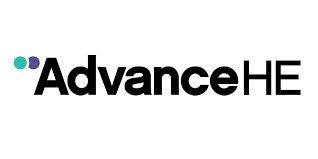Contributor to ‘Lighting the Labyrinth: enhancing student success through the 3Es’, Dr Maria Romero-Gonzalez, Director of Education at Queen Mary University of London, shares her experiences in using authentic assessment as a pathway to develop graduate employability skills.
Graduate employability has taken a predominant role in measuring the impact of the value of higher education awards as well as being used to evaluate the quality of teaching in HE institutions. The Graduate Outcomes Survey, for example, used as an indicator in the UK Teaching Excellence Framework, seeks to understand if graduates are in employment or further study 15 months after graduation. The intention of the survey is to gain insights into whether the student experience and knowledge acquired at university was valuable in securing future opportunities for graduates.
Under this external pressure, the development of employability skills in HE has become a core part of the educational curriculum alongside knowledge. So how can we then ensure students acquire knowledge and skills that lead to potential employment and demonstrate the value of a degree?
Authentic assessment offers an opportunity to embed employability skills in the curriculum by connecting knowledge with applications of the course material and providing opportunities for students to demonstrate skills in a meaningful and integrated way. It also contributes to improve student satisfaction with the course opening up potential to increase engagement in planning their future.

